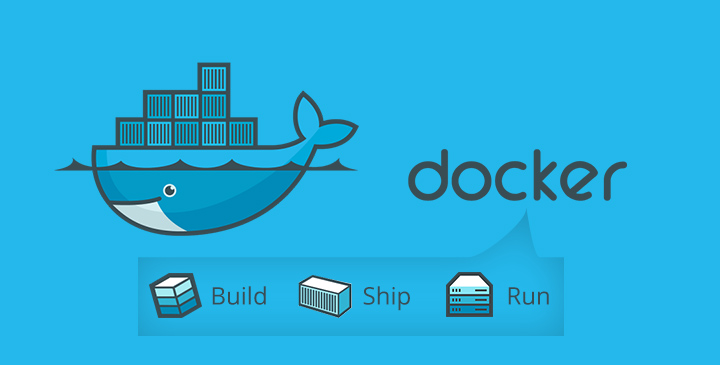
kubernetes-v-s-docker are both widely used technologies in the world of containerization and orchestration, but they serve different purposes and play different roles in the container ecosystem . When combined kubernetes-v-s-docker form a dynamic duo for managing containerized applications at scale. Docker training provides a standardized format for packaging applications into containers, while Kubernetes takes care of deploying and managing these containers across a cluster of machines.
Docker:
It is a platform that allows developers to create, package, and distribute applications as containers. Containers are lightweight, isolated environments that contain all the necessary components (code, runtime, libraries, etc.) to run an application. it provides tools for building, sharing, and running these containers on various environments, ensuring consistency and portability.
Kubernetes:
Kubernetes, often abbreviated as K8s, is an open-source container orchestration platform. It provides tools and APIs to manage, automate, and scale containerized applications. Kubernetes abstracts the underlying infrastructure and provides a way to deploy, manage, and scale containerized applications across a cluster of machines. It handles tasks such as load balancing, scaling, self-healing, and rolling updates, making it easier to manage complex microservices architectures.
Key Differences:
- Scope:
- Docker focuses on creating and managing containers, providing a way to package applications and their dependencies.
- Kubernetes focuses on orchestrating and managing the deployment, scaling, and operation of containerized applications across clusters of machines.
- Abstraction:
- Docker primarily deals with individual containers and their management.
- Kubernetes abstracts the entire infrastructure and provides higher-level management of containerized applications, including load balancing, scaling, and then fault tolerance.
- Use Case:
- Docker is suitable for developers who want to create and distribute consistent environments for their applications. It’s especially useful for local development and building container images.
- Kubernetes is suitable for operations teams managing large-scale production deployments. It’s ideal for complex applications with multiple services, as it provides tools for automating deployment, scaling, and management of these applications.
- Functionality:
- Docker provides containerization capabilities, allowing you to create and run isolated environments.
- Kubernetes provides orchestration capabilities, enabling automated management of containerized applications in a cluster.
- Relationship:
- Kubernetes can use Docker as its container runtime, but it’s not limited to it . It supports other container runtimes as well.
- Docker used independently without Kubernetes for containerization purposes.
In summary, kubernetes-v-s-docker serve different purposes in the container ecosystem. Docker Training is about creating and managing containers, while Kubernetes is about orchestrating the deployment and management of containerized applications. In many real-world scenarios, therefore these technologies are used together: Docker for packaging applications into containers and Kubernetes for managing the deployment and scaling of those containers . Please visit Kubernetes Official Site.
Locus Academy has more than a decade experience in delivering the training, Staffing on Kubernetes and Docker for corporates across the globe. The participants for the training, Staffing on Kubernetes and Docker extremely satisfied and are able to implement the learnings in their on going projects.


